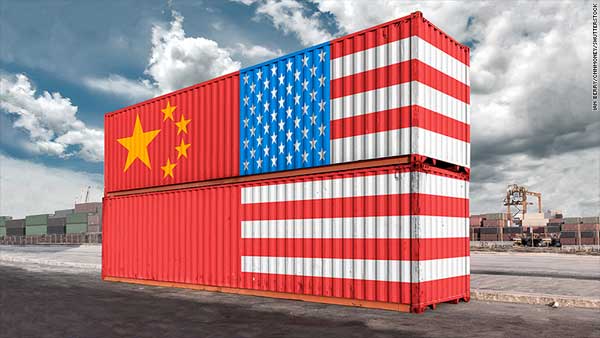Wu Xinbo, Director of the Center for American Studies, Fudan University
Mar 24, 2017
The Trump administration’s China policy is still in the works, but its goal would not be to sabotage China-US relations, but to extract maximum benefit from the relationship. Reasonable, calculated and restrained counter-moves may promote the other side to adjust its policies.

Alan S Alexandroff, Director of the Global Summitry Project, Munk School of Global Affairs, University of Toronto
Feb 10, 2017
So where is the pivot? No, not the Obama Administration’s Asian pivot. I’m speaking of another pivot. This one was to occur when candidate Trump transformed from candidate to President-elect and then President.
Wu Zurong, Research Fellow, China Foundation for Int'l Studies
Feb 20, 2017
Trump’s commitment to honor the one-China policy opens the door for discussions on many ways to develop the world’s most important bilateral relationship, and to seek constructive approaches to resolve each other’s major concerns.

Shen Dingli, Professor, Institute of International Studies, Fudan University
Feb 16, 2017
The US President Donald Trump talked to Chinese President Xi Jinping last week. In the White House press readout, the call was termed as “lengthy” and “cordial”. At Trump’s press conference with Japanese Prime Minister Shinzo Abe a day later, he described his conversation with Chinese counterpart on the phone as “very warm”.
Minxin Pei, Tom and Margot Pritzker ’72 Professor of Government , Claremont McKenna College
Feb 08, 2017
Politically, grabbing one of China’s most well-connected tycoons sends a powerful message to the “tigers” who have so far survived Xi’s anti-corruption drive. However, to destroy the corruption market requires more than the arrest and incarceration of the participants but fundamental economic reform.

Beth Smits, PhD candidate, Paul H. Nitze School of Advanced International Studies (SAIS), Johns Hopkins University
Feb 06, 2017
In January 2017, China released a document that helps interpret the policy goals of President Xi Jinping, particularly his speech in May 2014 where he promoted, “New Asian security concept for new progress in security cooperation.” The Trump administration should take note of three points in the new document: China’s country relations, the South China Sea, and the conspicuous absence of certain information, as each will have a critical role in U.S.-China relations.

Barbara Hackman Franklin, 29th U.S. Secretary of Commerce, President and CEO of Barbara Franklin Enterprises
Feb 03, 2017
A trade war, such as some are predicting, harms both countries, creates uncertainty for many other countries, and is an activity that does not belong anywhere in the interconnected global world of the 21st century. I believe this will be averted. Instead, I truly believe the two presidents are pragmatic and understanding of the stakes involved, and will start a communication and negotiation process that results in wins for both countries.
Kaiser Kuo, Host, Sinica Podcast
Jan 26, 2017
A spectre was haunting Davos, and its name was Donald Trump.
Yi Fan, a Beijing-based political commentator
Jan 25, 2017
Nine years after the global financial crisis, while many economies are on the mend, anxiety lingers about the negative side of economic globalization. Populist and protectionist forces dismiss globalization as working against ordinary workers and widening economic inequality. Should globalization be blamed for all the problems facing the world? Is a reversal of globalization the way forward?
Huang Jing, University Professor at Shanghai International Studies University
Jan 24, 2017
In the long term, institutional guarantees that offer multilateral mechanisms for cooperation, development, mutual benefit and win-win, are essential for countries develop a sustainable community with a shared future, thus laying down a solid foundation for peace and development. That should be China’s message to the world, despite challenges from Trump’s expected protectionism, the weight of US national debt and anti-globalization movements.
Back to Top

- China-US Focus builds trust and understanding between the U.S. and China through open dialogue among thought leaders.
- Our Offerings
- Topics
- Videos
- Podcasts
- Columnists
- Research Reports
- Focus Digest
- Stay Connected
-
Thanks for signing up!
- Get the latest stories from China-US Focus weekly.